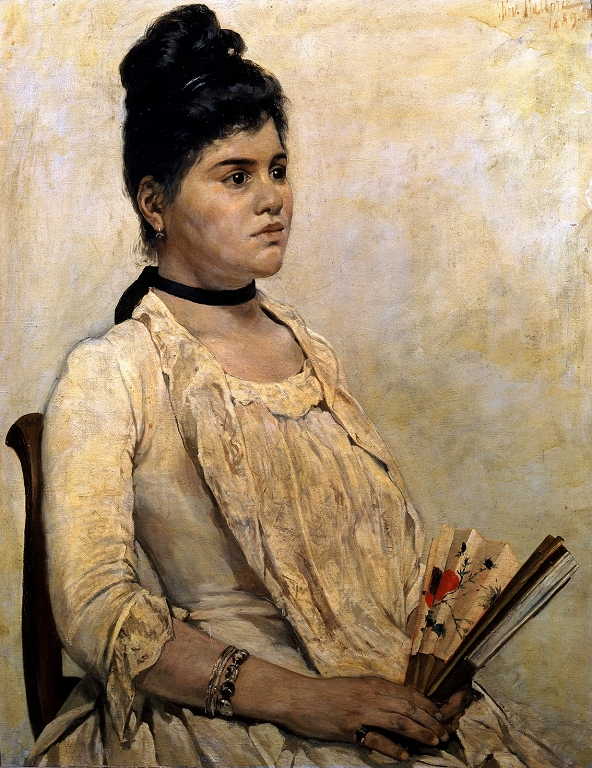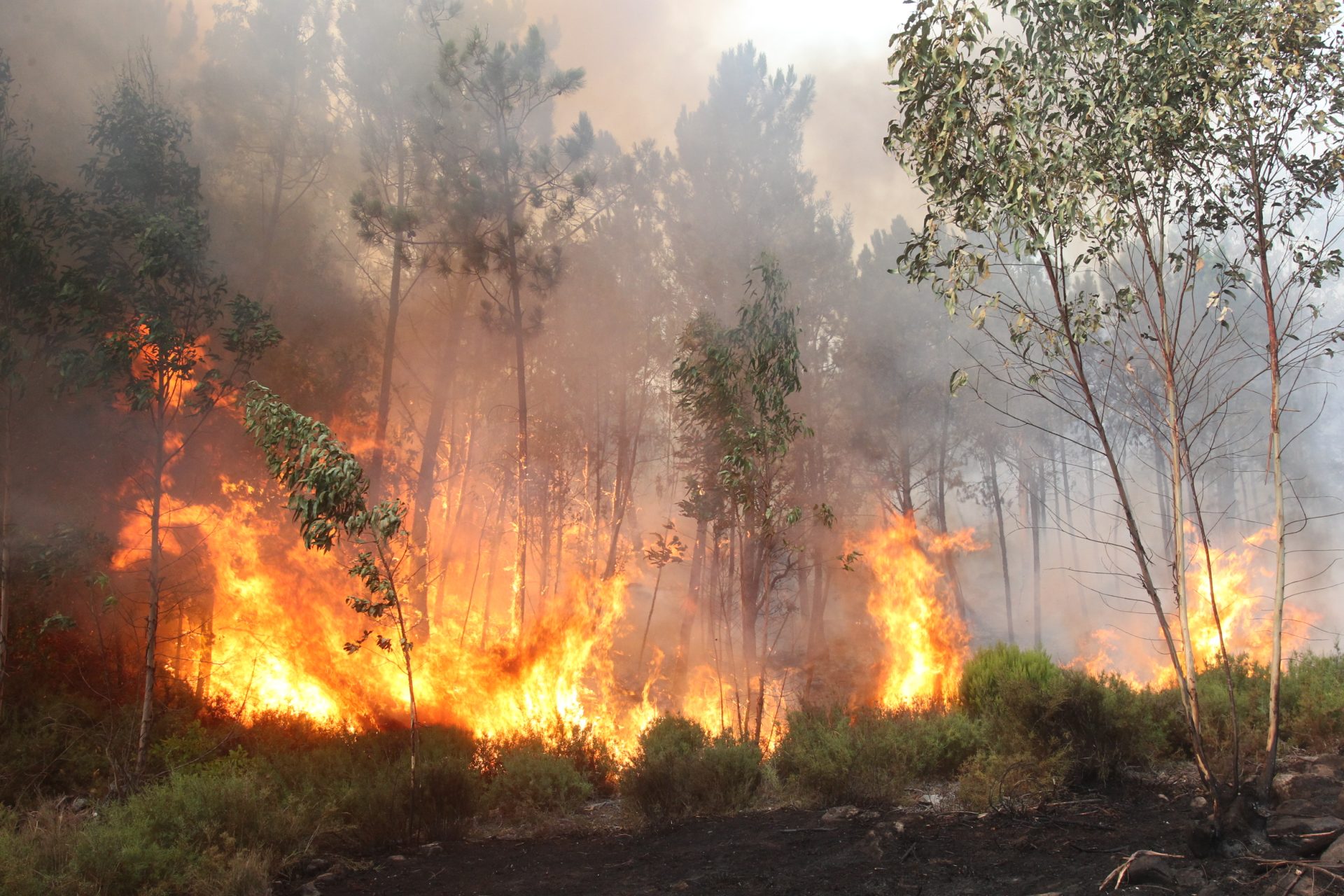While the theories are tumbling over each other, the question remains: what caused the gigantic power outage?
:format(webp)/s3/static.nrc.nl/wp-content/uploads/2025/04/29195650/data131541233-004903.jpg)
The chaos was complete on Monday when Spain, Portugal and part of France were hit by a large power outage that is unprecedented for Europe. Was it a cyber attack of the Russians or not? A special weather phenomenon? Or a falling tree that ended up in an unfortunate way, damaged a cable and then triggered a huge chain reaction? A surplus of solar energy, that could also be done. Or something completely different?
On Tuesday morning the power grid had been restored in many areas. In the meantime, media, experts, politicians and network operators were looking for the possible cause. Theories came to the surface and were again invalidated a few hours later. Where and what did the power suddenly disappear? Nobody knows.
Read also
Can that also happen in the Netherlands, such a large -scale power failure as in Spain and Portugal? The lessons that can be drawn from this
It can just take months before it is clear what the real cause was; After the major Dutch power outage in June 1977, it took two months before a first report. The Spanish Prime Minister Pedro Sánchez has set up a special committee to find out the cause. Technicians from network operators from different Member States will cooperate with that committee, because the power networks of European countries are connected. What is known so far?
Oil slick
The Spanish network administrator Red Eléctrica excluded a cyber attack on Tuesday. There are indications that just before the malfunction were overloads in some places on the net: places where too much power was flowing. According to Jan Vorrink, manager of the Tennet Control Center – the manager of the Dutch high -voltage nets and involved in research into the malfunction – is not a typical consequence of a cyber attack. But according to him, we can’t exclude anything at all until more is known. Prime Minister Sánchez has the cyber protection authorities carried out a study for certainty.
The whole of Europe has helped to smooth the French fluctuations in the net. But Spain and Portugal are isolated
What almost certainly happened on Monday: an unfortunate chain reaction in which parts of the Spanish and Portuguese outlined one by one. Vorrink: « It seems that there has been a short circuit or overload somewhere. The grid has security systems that turn off the infrastructure locally, so that it does not get too hot. » Normally the region where the short circuit took place then gets energy via, for example, a reserve cable. If that fails, the net closes locally and the rest will continue to do it. « But here the problem spread like an oil slick. The security systems also turned out the local nets in surrounding areas. » That is why such a huge area was without power on Monday in the afternoon and night.
Read also
‘This malfunction shows how bad we depend on the internet. We already behave like chickens without a head ‘
Vorrink, who knows the connections well, is not surprising that the problem could spread like this. According to the Spanish network operator, the outages started just south of the Pyrenees. « That is an area with a relatively weak connection, » says Vorrink. « If an area fails somewhere, the adjacent infrastructure must absorb the fluctuations that arise. If the options are limited, those other areas will also be overloaded relatively quickly. » France also suffered from that. « But France is connected to the rest of Europe. The whole of Europe has helped to smooth the French fluctuations in the net. That all went automatically, within thirty seconds. That is why the problem did not spread any further in France. » Spain and Portugal, on the other hand, are isolated.
‘Speculation’
Then the question remains: what did that chain reaction start? What led to the local short circuit, after which areas switched one by one? Various messages about that appeared, « but that is all speculation, » says Vorrink. « For example, it could be that it was a tree that made contact with a cable. That was the cause of a large power outage in 2003. But it can really be anything. »
On Monday, the Portuguese network operator still mentioned extreme temperature fluctuations as a logical explanation. But the Spanish weather service Aemet concluded on Tuesday that exceptional weather was the culprit.
The Spanish network administrator Red Eléctrica said on Tuesday that two decoupling of the power grid took place. In general, such decouplings happen if there is a risk of damage. According to the Spanish network operator, that could be a sign that too much solar energy was generated, which threatened to cause overloading the net. Spain has many solar parks, « so it could be, but we don’t know, » says Martien Visser, lecturer energy transition at Hanze University of Applied Sciences in Groningen. « There are thousands of components in the energy system. This continues to speculate. »
Vorrink van TenneT: « In the case of major power disturbances, we always see that multiple causes play a role at the same time. Then you think you have found the problem, and then another problem will arise. That makes the complex to say with which problem it started, and whether it caused the other and what reinforced each other. » Vorrink and his colleagues are going to bow over it. « For that, we probably have to read dozens of fault writers, for example, that keep track of what the tension was at a certain moment. » We are working on that for weeks or months. «

:format(webp)/s3/static.nrc.nl/wp-content/uploads/2025/04/28213738/data131506535-60e728.jpg)
/s3/static.nrc.nl/images/gn4/stripped/data133775561-f465c4.jpg)
:format(jpeg):fill(f8f8f8,true)/s3/static.nrc.nl/bvhw/wp-content/blogs.dir/114/files/2019/01/vos-marjoleine-de-online-homepage.png)
:format(jpeg):fill(f8f8f8,true)/s3/static.nrc.nl/taxonomy/bf9b707-commentaar-itemafbeelding-2024.png)


